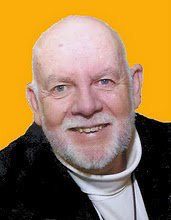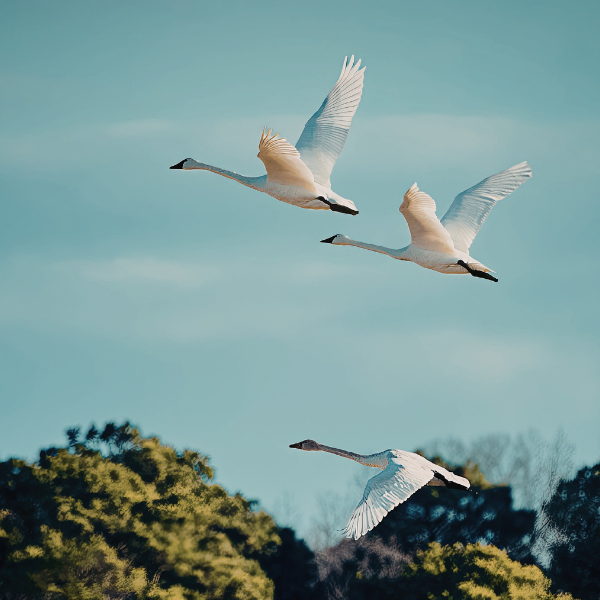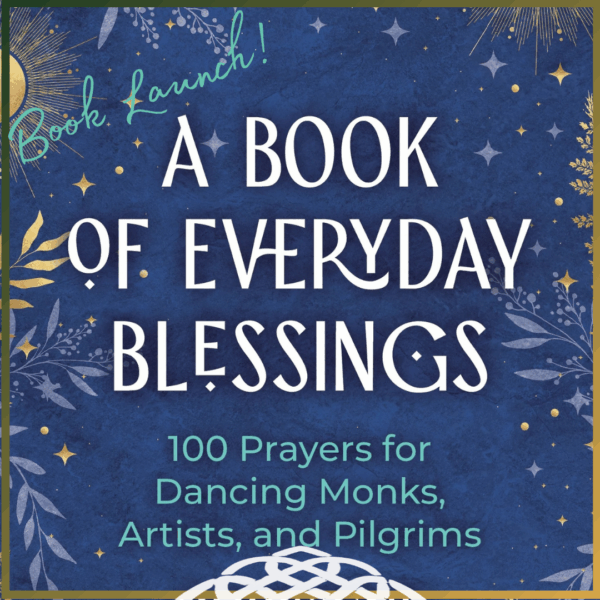I am delighted to share another beautiful submission to the Monk in the World guest post series from the community. Read on for Bart Brenner’s reflection on filling the cup.
You are the wine, / I am the cup.
I can yield nothing till I am filled up.
(O Sun, Earth Our Original Monastery Prayer Cycle: Morning Prayer, Day Six)
The pandemic brought illness and death, and a strange way of living—lock down, masking, and social distancing. Living in a cloistered community was was not welcomed by many. As an octogenarian, living alone since the death of my wife six years ago, the pandemic gave a new meaning to hermitage. How would my cup, as an introverted monk, be filled up during this time of external restrictions?
Even with restrictions, it became necessary for me to travel. My 105 year old mother had entered in-home Hospice care. I was part of the care team for the last three weeks of her life. Lovingly tending to life at its end helped fill my cup.
Upon returning home, I began to fill some of the extra alone time caused by the pandemic with riding my newly purchased ebike. I named my bike The Quest because it takes me into nature’s amphitheater and gives me time to reflect on matters both substantive and mundane. These reflections have helped fill my cup with deeper appreciation for the blessing of a weak faith.
A wise teacher once told me that it doesn’t matter what size cup you hold—demitasse or beer stein. In the kingdom, it will be filled to overflowing. Perhaps a weak faith is enough. After all, faith is not a possession.
John Caputo teaches that “God does not exist, God insists.” It is not so much that I have faith but, rather, that faith has me. Faith insists—disturbing me, stirring me up, inflaming me. Faith resides in my heart (or my guts), not my understanding. The understandings come later. Faith is simply the pre-disposition to pay attention to the insistence that comes in the name of God. Faith itself is weak because it come without a plan of action.
When The Quest and I go out on an overcast day, I am reminded of the Cloud of Unknowing—the cloud that comes in the name of God, insisting, luring me from the heights and the depths. In the midst of that unknowing there is that trace I call faith. It fills my unknowing, not with knowing but with curiosity and seeking.
Faith opens my emptiness. My studies (especially seminary) taught me to fill that emptiness with theological understandings and a solid belief system. I have slowly learned to look beneath those beliefs, for they are simply opinions—hopefully informed opinions, but opinions nevertheless. Underneath is the trust that hides itself in faith—trust in myself, trust in others, trust in the creation. Radical trusting opens me to the insistence, the trace, lure, or nudge. These can become the call to action that comes in the name of God.
Two months of attending to the daily prayer services of the Abbey of the Arts has reminded me of something I knew so well as a child. The creation is our original cathedral, our current spiritual directors, and the fount of sacramental liturgy. Churches, Sunday schools and seminaries are secondary resources.
For me, this was summed up in the reading from Teilhard de Chardin (Earth Our Original Monastery Prayer Cycle: Morning prayer, Day One): “By means of all created things, without exception, the divine assails us, penetrates us, and moulds us. We imagined it as distant and inaccessible, whereas in fact we live steeped in its burning layers. . . The world, this palpable world, which we were wont to treat with the boredom and disrespect with which we habitually regard places with no sacred association for us, is in truth a holy place, and we did not know it.”
The event of faith is an unspoken lure (an insistence, a nudge, a call) that, when heard and recognized, disturbs my status quo, upsetting plans and hopes. Understandings come later, along with the riskiness of deciding whether to follow where the lure leads, often without full knowledge. This riskiness of faith touches my passion, fuels my energy, and offers me integrity. What I have been describing is “the weakness of faith.” For the trace, the lure, the call comes gently (even weakly) as an invitation—disturbing me in the night, disrupting my mid-day. Even though it comes in the name of God, it has no power except for my response. When I listen and respond, my cup is filled to overflowing. If I ignore the invitation, if I refuse to answer faith’s call, faith retreats.
Thankfully, the creation does not retreat. The birds continue to sing, the seasons change, the brook babbles, the silent stone remains implacable in the face of my hesitations. As The Quest and I wander out into nature’s amphitheater, as I watch the redbud trees burst into their springtime glory, as I gaze into the vastness of the sky, I am reminded that I am but a small (sometimes even marginally important) part of this vast and wondrous creation, a cup waiting to be filled up. The shimmering of faith that dawns within me and the glimmering of hope that accompanies it both call me to dance with Amma Syncletica and kindle the divine fire within. As we dance, we also sing, “Breathe into the Earth, Holy One and renew us; it’s a new day.” (Earth Our Original Monastery Prayer Cycle: Closing Song, Morning Prayer, Day Six)

Bart Brenner is a retired Presbyterian minister. He is an avid genealogist, fly fisher, and ebiker. He enjoys watching his grandchildren grow into a young woman and a young man. He is co-author of Stirring Waters: Wrestling with Faith in a Restless Age.


